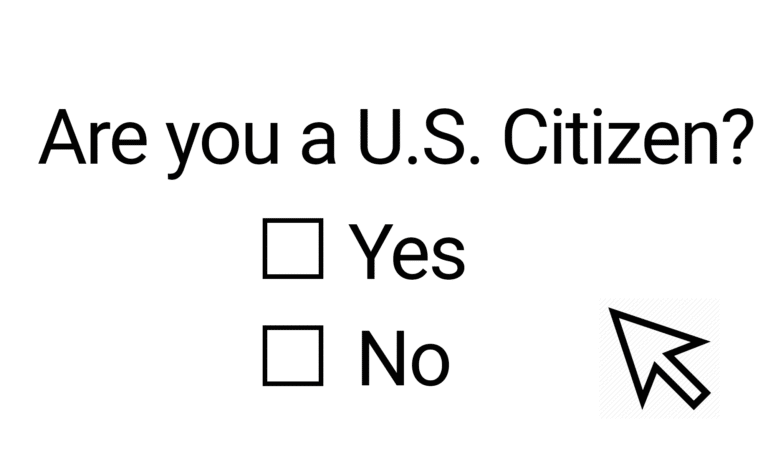If you’re an immigrant who is suffering from abuse from your U.S. citizen or green card holder spouse, VAWA lets you apply for a green card without their help.
Yes, even if you are a male!
what is vawa?
VAWA is not necessarily a visa, it is an act of law created in order to protect abused immigrants from abuse by a US Citizen or a Legal Permanent Resident of the United States.
VAWA stands for Violence Against Women Act.
This special law allows certain abused immigrants to apply for a Green Card (legal permanent residence) on their own, without needing their abusive family member’s help.
who can benefit from vawa
Despite the name, the Violence Against Women Act (VAWA) is available to:
- Men
- LGBTQ+ individuals
- Children
- Parents of abusive U.S. citizens
If you were abused by a U.S. citizen or lawful permanent resident spouse, you can apply without their knowledge or permission.
Yes — even if:
- You overstayed a visa
- You’re undocumented
- You were love-bombed, used, and discarded
VAWA was created because abusers use immigration status to trap people.
disclaimer
This is not legal advice. This guide is for educational purposes only. VAWA is a powerful tool for real victims — not a shortcut or loophole. False claims hurt real survivors and delay the process for everyone. USCIS checks every case carefully. If you need help, speak with a qualified immigration attorney or accredited nonprofit.
what is considered abuse under vawa?
VAWA doesn’t require you to be physically assaulted — though that counts.
It also protects victims of:
- Emotional or psychological abuse
- Financial control (e.g. blocking work or access to money)
- Threats of deportation
- Isolation from friends, family, or community
- Constant verbal humiliation or control
- Immigration-based manipulation: “I’ll cancel your papers if you leave.”
“Without me, you’re nothing here.”
If you felt trapped, scared, or stripped of your rights in the relationship, you might qualify.
Who Can File a VAWA for Men Petition?
You can file if:
- You are (or were) married to a U.S. citizen or green card holder
- The marriage was in good faith (not just for papers)
- You lived with your spouse at some point
- You experienced abuse during the relationship
- You have “good moral character” (no serious crimes on record)
You do not need:
- A police report
- Your spouse’s permission
- To still be married (divorce within the last 2 years is still valid)
how to apply for vawa?
Form I-360 — This is your VAWA self-petition
Evidence of abuse and relationship
Personal statement (your story in your words)
Photos, texts, emails
Affidavits from friends, neighbors, clergy, etc.
Counseling or medical records
Proof of shared life (bills, leases, kids, etc.)
If approved, you may file for:
Work authorization (EAD)
Adjustment of status (green card) through Form I-485
what if my vawa application is denied?
A denial isn’t the end. You can:
- File a Motion to Reconsider or Reopen if you believe USCIS made an error
- Appeal the decision (Form I-290B — must be filed within 30 days)
- Submit stronger evidence with legal help and try again
- Ask for deferred action to stay protected while reapplying
Do not leave the U.S. without speaking to an attorney.
Leaving might trigger a reentry ban, even if your case was strong.
do male actually apply for vawa?
While the majority of VAWA applicants are women, men do apply — and win. In fact, male VAWA approvals have increased steadily in the past decade.
The American Bar Association and several DV nonprofits report that:
- Men are far less likely to report abuse
- Immigrant men fear being laughed at, arrested, or deported
- Many were used, discarded, and threatened by spouses who never planned to support their legal status
You are not weak. Not wrong. Not alone.
And the law is on your side — even if your spouse used it against you.
stay safe when applying for vawa!
- Do not leave documents where the abuser can find them
- Use a separate email and phone if possible
- Don’t talk about your case with anyone who knows the abuser
- If you live together:
- Store papers at work or with a friend
- Use a password-protected cloud account (not shared)
- Consider moving if your safety is at risk
Your application is confidential.
USCIS will not tell your spouse — ever.
final word
You didn’t come here to be used, broken, and thrown away.
You came here to build something real.
And even if she tried to take that from you — VAWA gives you the right to fight back legally.
You don’t have to lie. You just have to tell the truth — and show them what she thought no one would believe.




